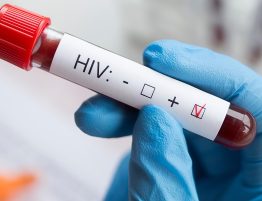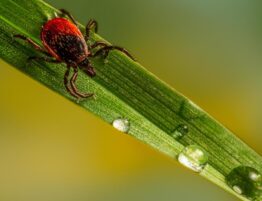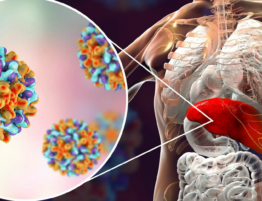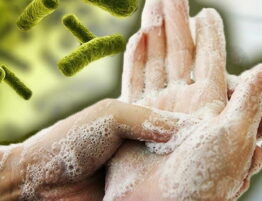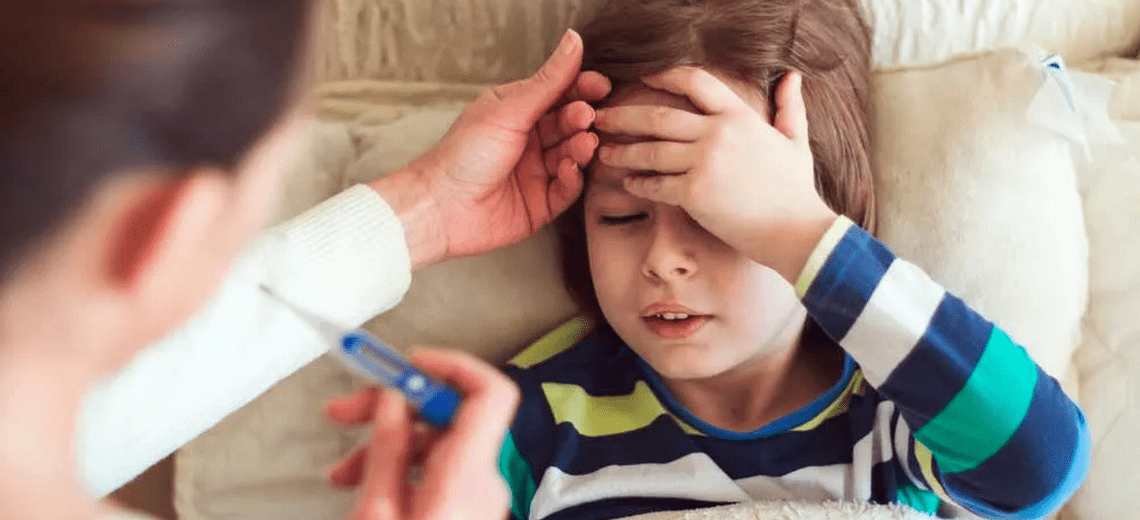
Memo for the population
Meningococcal infection occupies an important place in infectious pathology and continues to remain relevant for the Republic of Belarus.
This is determined by:
- the ease of spread of the disease, mainly through airborne droplets – when coughing, sneezing, talking, or with sufficiently close and prolonged communication;
- the primary symptoms of meningococcal infection are often similar to those of other acute respiratory infections (ARI), which sometimes makes diagnosing the disease difficult;
- severe clinical development of the disease;
- quite high mortality and mortality rate;
- the danger of the disease is that it can develop in a matter of hours and even minutes, the so-called “fulminant” forms of the disease, and it is not always possible to save the patient;
- Children under 3 years of age are more likely to get sick.
You should know that the causative agent of meningococcal infection constantly circulates among various age groups of the population, but the greatest epidemic danger to others is bacterium carriers. Moreover, most often the carriers are adults, without even knowing it, and mostly children get sick. Meningococcus is most active during an influenza epidemic.
The insidiousness of this infection is that the initial clinical manifestations of the disease resemble a cold or flu.
The most common form of infection isnasopharyngitis, when the back wall of the throat becomes inflamed, there is a slight increase in body temperature, headache, sore throat, nasal congestion and runny nose.
At this stage, patients are most often diagnosed with acute respiratory disease. However, incorrect and untimely diagnosis can further lead to inflammation of the meninges.
Generalized forms of meningococcal infection are characterized by an acute and violent onset against the background of complete health. In this case, the disease begins suddenly. For example, a child goes to bed completely healthy, but at night he suddenly becomes restless and feels muscle weakness; if verbal contact is possible with the child, he will complain of a severe headache that cannot be relieved with conventional painkillers. Within an hour, the temperature usually rises to 39-40°, after 5-6 hours vomiting occurs, which does not bring relief to the patient. But the most dangerous symptom that you definitely need to pay attention to is the appearance of a rash. At first these are pale pink stars; during the first day they appear in 80% of patients. The rash will get larger. And if it is present, it is imperative to call the doctor again, since the primary diagnosis before the rash can be made as an acute respiratory disease.
This form of meningitis is dangerous because it can developinfectious-toxic shock. It causes death in 5-10 percent of patients. Therefore, the sooner parents seek medical help, and the sooner an appropriate diagnosis is made, the greater the chance of saving the patient. But in any case, hospitalization will be required and parents should not refuse it.
What are the measures to prevent meningococcal infection?
If the first symptoms characteristic of meningococcal infection appear, it is necessaryimmediatelyto call an ambulance and quicklytake the patient to hospital. Before the ambulance arrives, it is necessary to isolate the patient, provide him with personal hygiene products and utensils, and provide the patient with absolute peace and good care.
In order not to get sick or infect others, you need to get rid of chronic diseases of the nasopharynx – pharyngitis, tonsillitis, laryngitis.
Parents of the child should remember that in case of cold symptoms they can be a source of illness for their child, therefore, when the first signs of the disease appear, it is necessary to use gauze masks. It is recommended to walk more outdoors with your child, avoid traveling on public transport, and not stay for a long time in rooms where there are large crowds of people (shops, markets, hairdressers, etc.). All festive events (christenings) associated with the birth of a child must be held outside the apartment where the child is located.
Since the pathogen is unstable in the external environment, ventilation, wet cleaning with disinfectants, and the use of bactericidal lamps for air disinfection are relevant.
If a medical professional suggests hospitalization, do not refuse it, your child’s life may depend on it.
A nutritious and balanced diet, enriched with vitamins and microelements, playing sports, and hardening the body contribute to the body’s resistance to infection.
Unfortunately, many parents do not fully understand the danger of the disease, and therefore refuse qualified medical care.
Considering the sudden onset and severity of the disease with meningococcal infection, it is necessary to seek help from a doctor at the first signs as early as possible, the results of successful treatment and a favorable outcome of the disease will depend on this.


